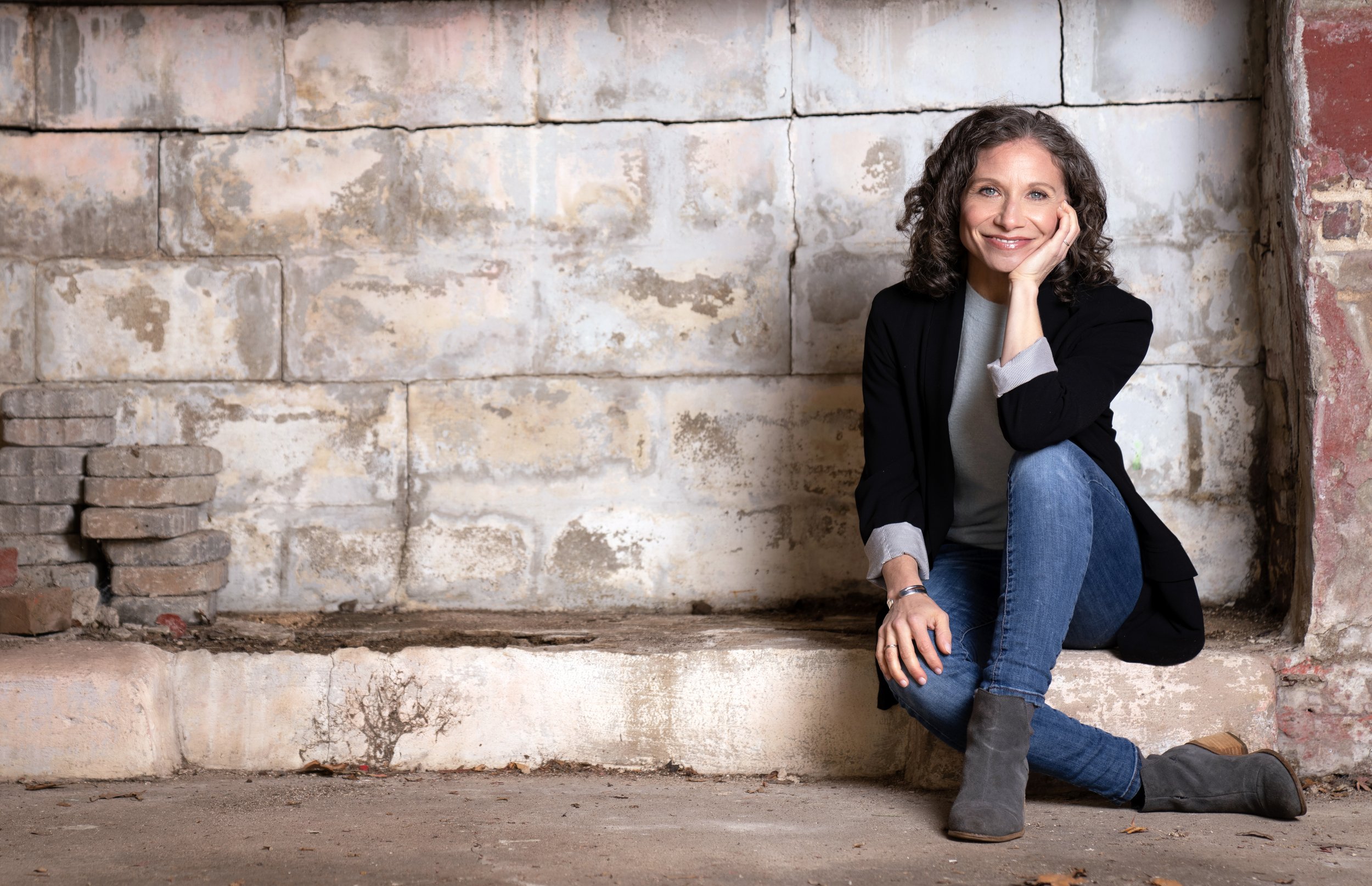
Becca Epstein is a coach and consultant to social justice organizations and their leaders with over 20 years of experience in nonprofit management, strategy, and leadership.
Grounded in her deep commitment to racial justice and an approach that combines rigor and open-heartedness, Becca has helped dozens of organizations and hundreds of leaders be as effective as possible. In 2006, Becca co-founded The Management Center and helped build it into the go-to resource on management for social change organizations. In 2012, she went in-house as a Vice President at Planned Parenthood Federation of America, where she managed the day-to-day of the advocacy division and led strategic planning. Becca now coaches individual leaders and runs her own consulting practice, focusing on organizations and movements confronting strategic challenges, seeking transformation, and advancing equity and justice. Becca is a Certified Professional Coach and holds an MPA from NYU and a BA from Amherst College. After nearly 20 years in Washington, DC, Becca recently moved with her partner and two young children to Providence, Rhode Island.
About Me
My story is not atypical. I was born and raised in Newton, Massachusetts, a predominantly white upper-middle class suburb of Boston, where I attended some of the best public schools in the country. It was only once I got to Amherst College that I learned (thank you Professor Rhonda Cobham-Sander) that I was there not simply because I worked hard in high school, but because Newton residents paid exorbitant property taxes to fund those great schools. The deck was fundamentally stacked against those who couldn’t afford to pay. And the whole system was inherently racist.
In many ways, my family is a snapshot of the American dream. My maternal grandmother escaped the early 20th century pogroms in Ukraine as a young girl, and my other grandparents were the children of Eastern European immigrants. After growing up poor and working class in Chicago, my grandparents’ wish to give their own children a better life led them to move to the suburbs. Although their Jewishness was a barrier to being welcomed in any neighborhood of their choosing, their whiteness allowed them to avoid the discriminatory housing and lending practices faced by Black and brown folks. Later, it was a move that tens of thousands of white folks took as part of “white flight,” decimating cities as they and their capital (in all its forms) moved away.
The process repeated itself when my college-educated parents took out a loan and bought a home. They were white, they had some resources, and the loan officer saw the promise of more to come (my father was a first year doctor). All of this, in turn, allowed me to graduate debt free from college.
After college, newly politicized and on a mission to redress white flight and systemic racism, I moved to Chicago and became a community organizer, working with residents of the neighborhoods my grandparents had left decades earlier. Together, we fought for better schools, affordable housing, and more. Before too long, however, I was spending more time organizing the organization than the community. I wanted to help my grassroots group identify a long-term strategy for change, rather than move from action to action without a clear sense of how our work connected and what it all added up to. It seemed to help. We began coordinating work across neighborhood lines, holding cross-racial dialogues, and planning long-range campaigns. I loved the feeling of having a double impact: both on the organization and on the community.
I’ve been doing some version of that “double-impact” work for nearly two decades, working with dozens of organizations and hundreds of leaders. And I am continuously refining my approach to align with my values and commitment to racial justice. Because I was raised in this system and have benefited all my life from being white in America, I work ongoing to unlearn what I have been acculturated with — and affirmed by — along the way.
I do this work because I believe that everyone should be able to pursue their dreams, no matter where they come from, what they look like, who they love, or what they believe. Because the United States was founded and built on anti-Black and anti-Indigenous racism, unless we eradicate white supremacy in all its manifestations we will not all be free.
Today, I am clear how I have inadvertently perpetuated the very inequities I was trying to erase. While I am proud of much of my work, there are things that I am not proud of: valuing outcomes at all costs; not knowing the history of white supremacy in reproductive health and rights; not acknowledging how my privilege enables me to opt-in or out of the struggle for equity and justice.
These experiences directly inform what I do and how I do it: ensuring that those who have been at the margins are centered; that goals are informed by and held by many; that oppressive systems and practices are named and counteracted; that I am in accountable partnership and continuous learning with brilliant colleagues of all identities and backgrounds. These are both the right things to do and how we win.
I have been on this journey a long time and will be on it until I leave this earth. It’s with this understanding, commitment, and humility that I offer and approach all of my work.

